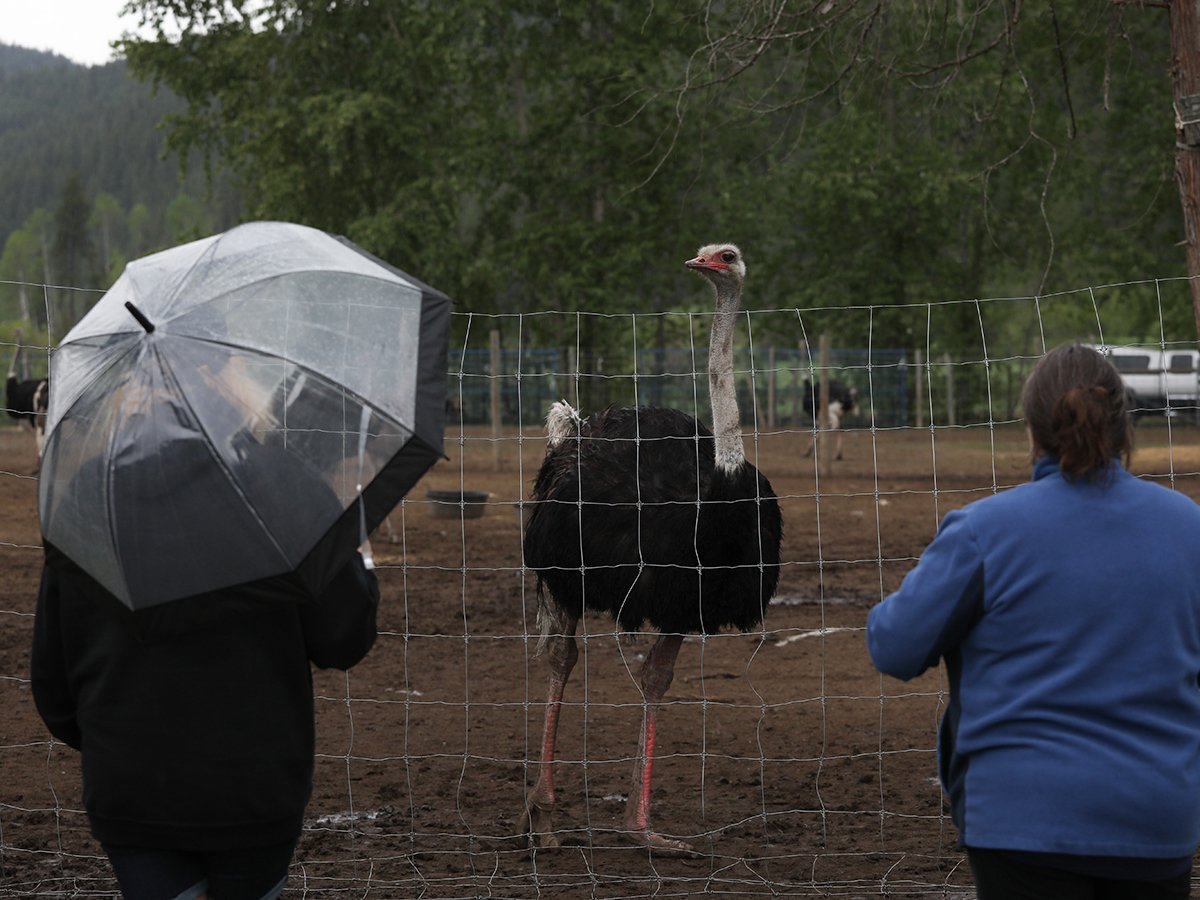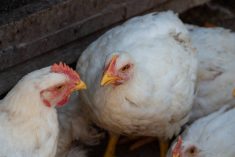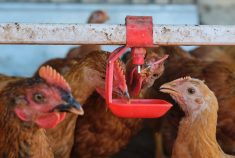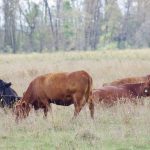Toronto | Reuters — A flock of British Columbia ostriches set to be culled after two dead birds tested positive for avian flu has been granted a last-minute stay of execution from Canada’s highest court – for now.
The Supreme Court issued an order Wednesday granting an “interim-interim stay” of a culling order made on Dec. 31.
The Canadian Food Inspection Agency late last year ordered about 400 ostriches to be killed. Since then the Universal Ostrich Farms in Edgewood, British Columbia, has fought the order. They lost multiple lower court rulings but won some powerful supporters in the U.S. who have launched a campaign to stop the cull.
Read Also
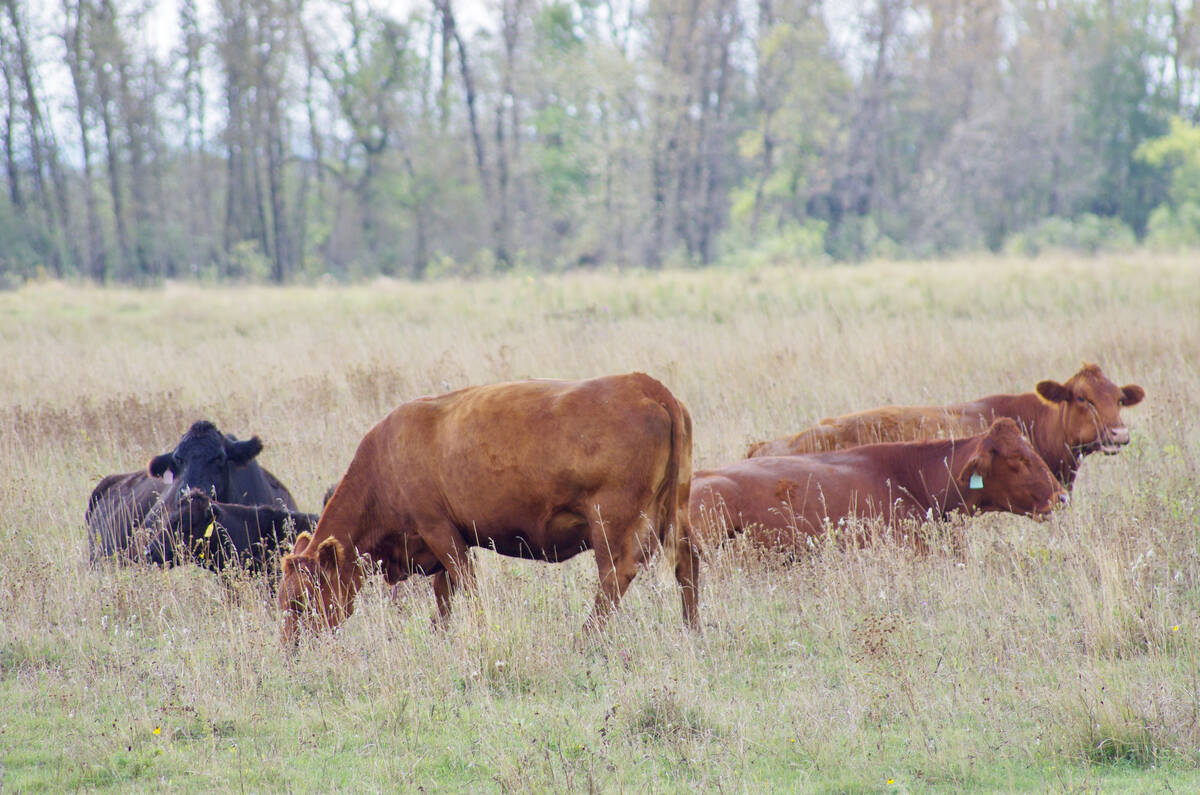
Trump signs proclamation increasing Argentine beef imports
U.S. President Donald Trump on Friday signed a proclamation to hike the country’s low-tariff imports of Argentine beef, though economists have said the attempt to lower costs for American consumers will likely have little impact on prices.
Why it matters: Experts have called the ostriches a risk to animal and human health.
In their motion for a stay co-owners Karen Espersen and Dave Bilinski included an affidavit from a University of British Columbia professor arguing the ostriches have immunity to avian flu.
Mehmet Oz, U.S. administrator for the Centers for Medicare & Medicaid Services, offered in August to house the birds to study them. U.S. Health Secretary Robert F. Kennedy Jr has also argued against the cull.
The culling had been scheduled for later on Wednesday, the farm’s lawyer Umar Sheikh told Reuters.
He said he was “obviously very, very happy” with the order but emphasized this is “a very uphill battle” and “this is just a very short, temporary breather.”
A severe bird flu outbreak in recent years resulted in millions of chickens, turkeys and other birds being killed in the United States to contain the spread of bird flu, which can infect humans and is fatal in poultry. The cullings contributed to egg prices at U.S. grocery stores climbing to a record high. Smaller commercial poultry flocks have been eliminated in Canada.
The farm, whose owners say they specialize in studying ostrich antibodies, had argued culling the birds would cause “irreparable harm” and “permanently destroy unique genetics and a specialized research‑based business.”
The ostriches’ reprieve could be short-lived as the court has yet to determine the ostriches’ fate.
Now the food inspection agency maintains custody of the birds and has until Oct. 3 to file its reply to the farm’s application to the Supreme Court. The court will deal with the case on an expedited basis, it said in the ruling granting the stay.
— Additional reporting by Ed White in Winnipeg

